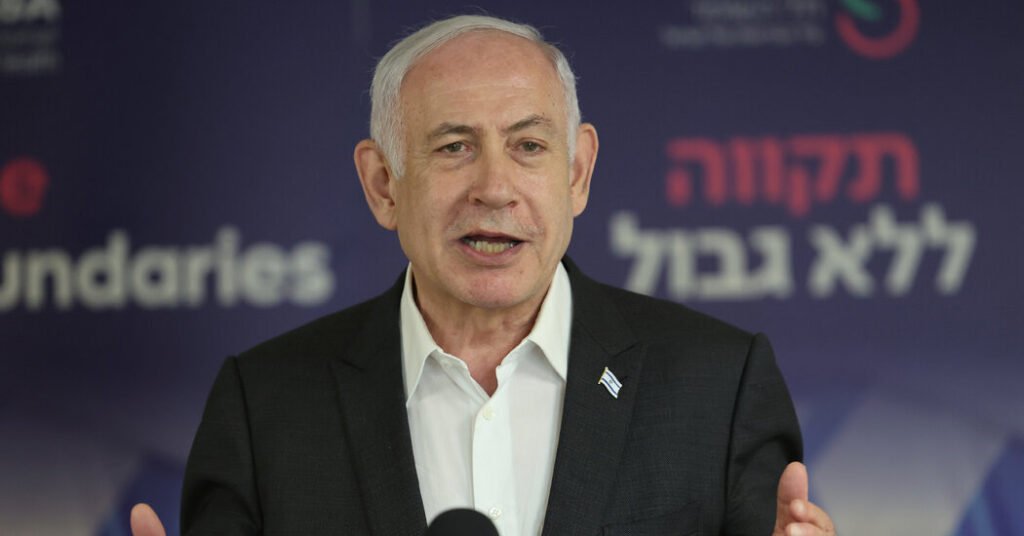top News
Israeli Prime Minister Benjamin Netanyahu drew criticism at home on Monday after reiterating his opposition to a permanent ceasefire with Hamas, just as hopes were growing that one might be possible.
Critics said his intervention narrowed the chances of an agreement for Hamas, which is seeking a permanent ceasefire, to release at least some of the Israeli hostages still being held in Gaza.
Negotiations on a deal continued in Cairo on Monday, with Israeli officials meeting for talks mediated by the Egyptian government. Hopes of a deal were revived last week after reports that Hamas had become more flexible in key areas after months of failed negotiations, and Israeli officials flew to Qatar, another intermediary between Hamas and Israel.
But a statement by Prime Minister Netanyahu on Sunday night appeared to reduce the likelihood of a compromise with Hamas on the duration and permanence of the ceasefire, weakening those hopes.
“Any agreement would allow Israel to resume fighting until all war objectives are achieved,” he said in a statement, reiterating his long-standing position that the war must continue until Israel destroys Hamas’ military power and ability to govern.
Netanyahu’s critics said his intervention at a very delicate moment in the negotiations risked derailing efforts to free some 120 hostages who were captured by Hamas and its allies at the start of the war in October and remain being held dead or alive in the Gaza Strip.
“The negotiations are at a critical stage. The lives of the hostages are at stake. Why make such provocative statements?” said opposition leader Yair Lapid. I have written on social media. “How does that contribute to the process?”
Analysts said Netanyahu’s intervention showed he was trying to balance efforts to free the hostages with his desire to maintain a coalition of ultra-nationalist and ultra-religious parties.
Netanyahu’s hold on power relies on the support of two far-right parties that oppose any deal that would give Hamas power in Gaza, making him wary of pressing ahead with a hostage release deal that could lead to the collapse of his coalition government and early elections that he is likely to lose in the polls, critics say.
“The simple truth is this: Benjamin Netanyahu does not want a hostage deal,” says Ben Kuspit, a biographer and prominent critic of the prime minister. I have written “He may be willing to get the hostages back, but he won’t do so at the expense of the well-being of the coalition. That’s all,” one social media post read.
Netanyahu’s sympathizers say he may be using hardline negotiating tactics to extract greater compromises from Hamas. Nadav Strauchler, Netanyahu’s former strategist, said each time Israel launches a military operation in the southern Gaza city of Rafah, Hamas’s position there becomes weaker. “The military effort in Gaza could help him extract more from Hamas,” Strauchler said.
Moreover, Netanyahu may be trying to stave off the collapse of his coalition until parliament recesses at the end of July. Without parliament in session, it would be much harder for lawmakers to topple the government, giving Netanyahu more leeway to work out a deal that his coalition partners might resist, Strauchler said.
“He’s trying to create room to maneuver, but he needs time to do that,” Strauchler said.
Gaby Sobelman He contributed reporting from Rehovot, Israel.

